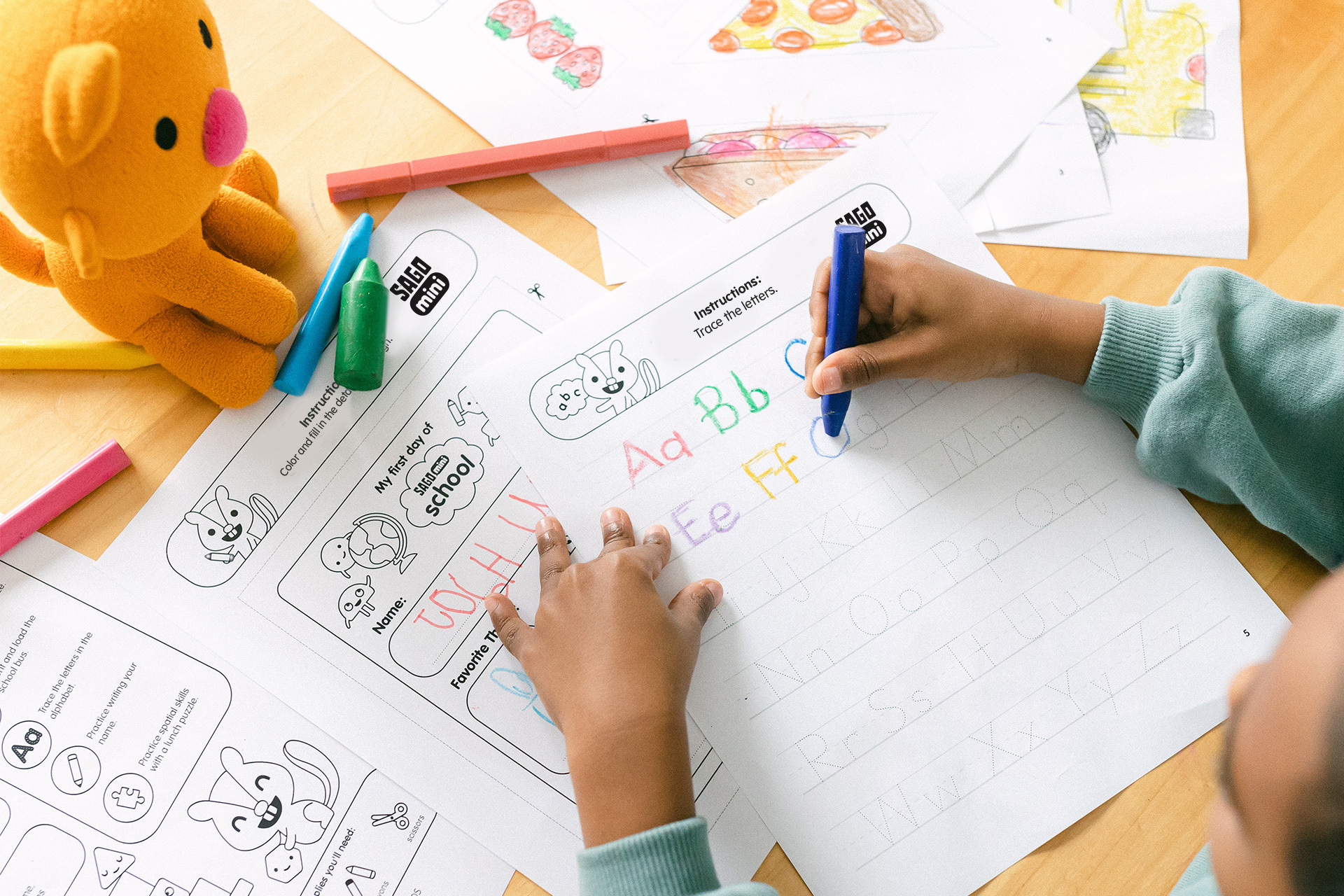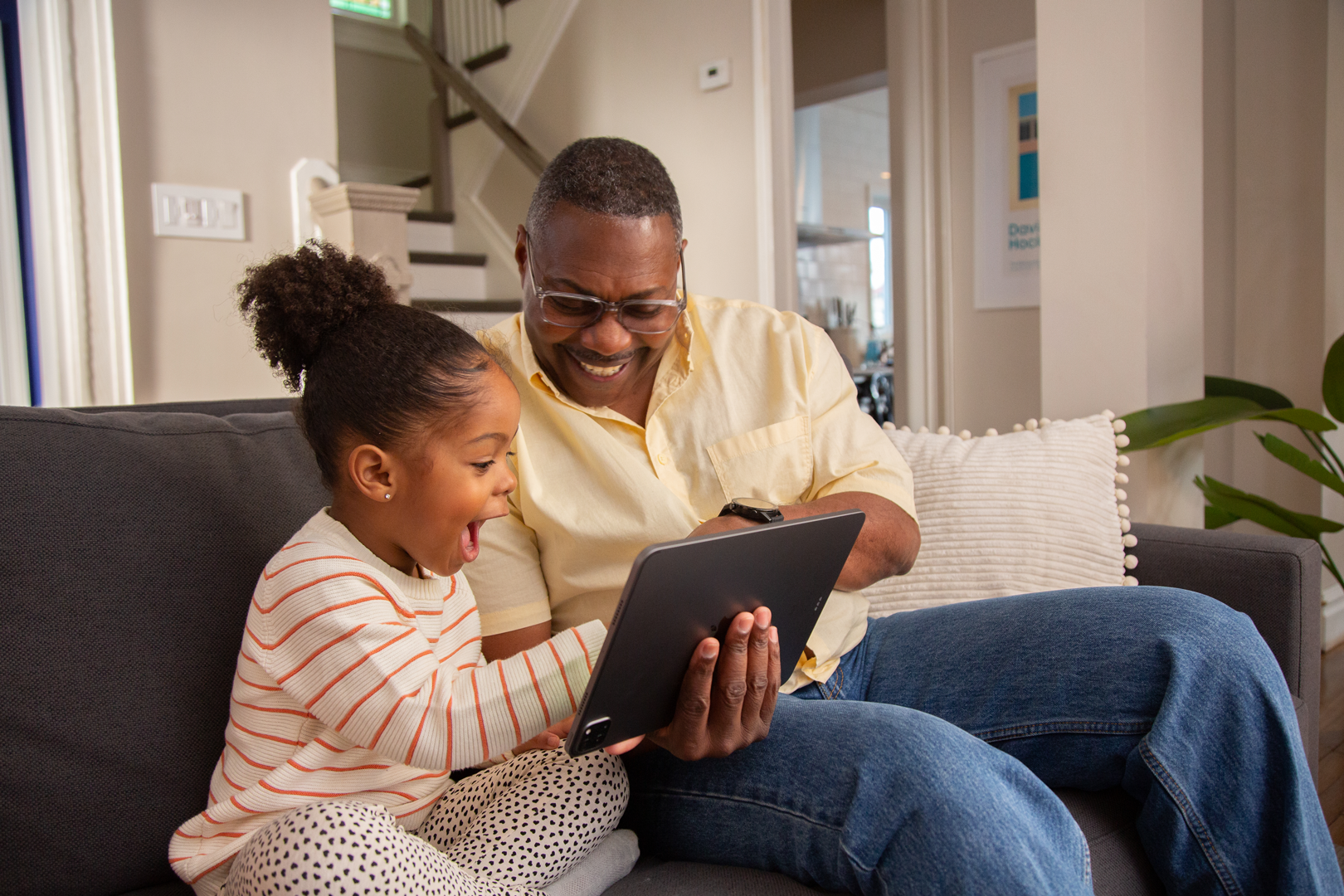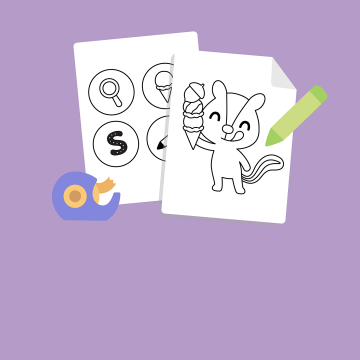- A little bit of "me-time" goes a long way for kids
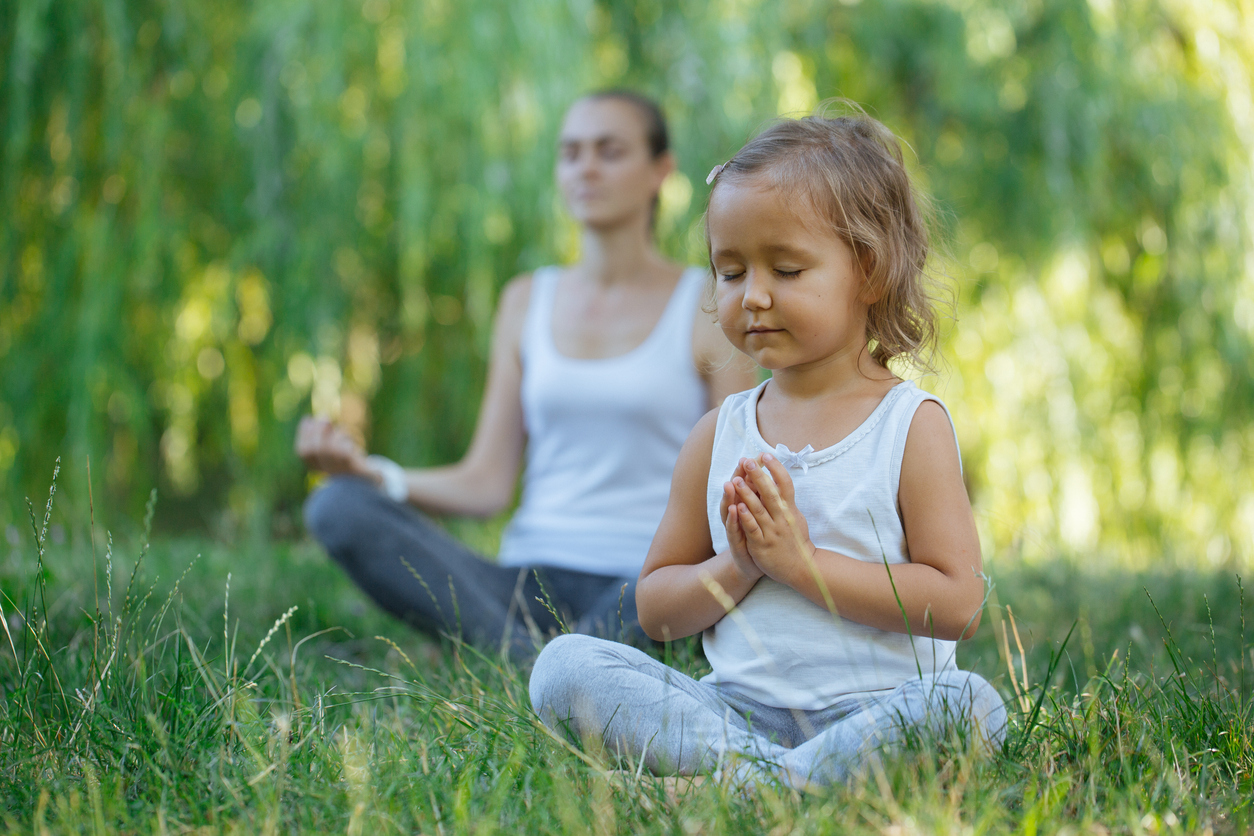
Adults are often told about the importance of taking time to themselves, to breathe, relax, rejuvenate, etc. The consensus is: Me-time is important. This is true for young children, too. When kids take the time to reflect on themselves, focus on how they’re feeling physically and emotionally, and discuss their findings with others, it can have a rich and positive impact on their well-being. Here are ways grown-ups can help little ones practice me-time:
- Ask your child what makes them feel happy, sad, mad, and excited. Reflecting on emotions can help them be more aware of their emotions and, ideally, better express those emotions.
- Help your kiddo talk about their physical appearance and what makes them unique from peers. This can help build their sense of self and confidence in what makes them special.
- Talk about family memories. Discussing memories with loved ones helps your little one remember their valuable support system and recognize that they are not alone in this big, crazy world.
- Prioritize playtime. Help your child have bits of unscheduled playtime every day. This downtime can help them reset and recharge, especially after a busy day at school or running errands.
Sharing these moments together helps build your bond. You learn more about your kiddo, while your kiddo grows in love for themself, the world around them, and others like you!
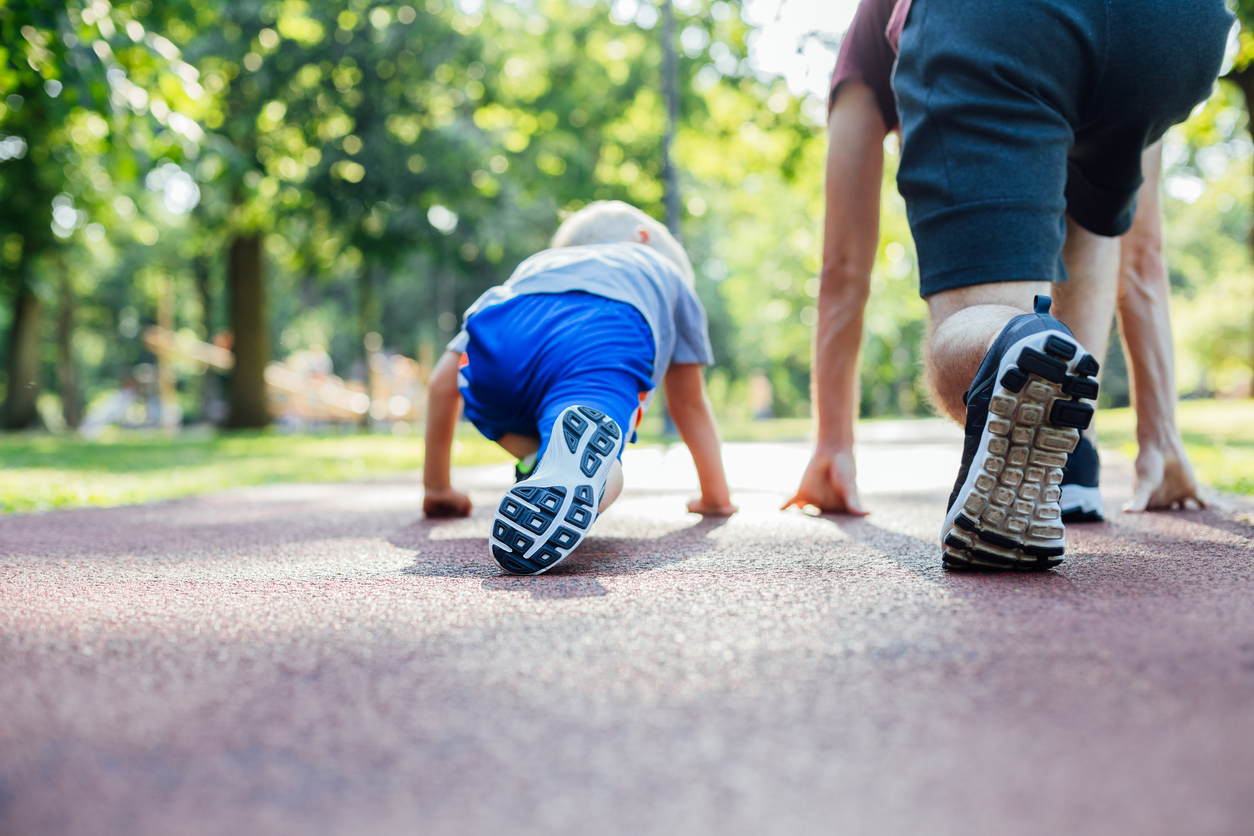
Mindful Movements
When we think of being mindful, meditation is often one of the first things that come to mind. However, practicing mindfulness is also beneficial for physical activities, too! Exercising mindfully, or staying mentally engaged in physical activities, can amplify the benefits we get from physical activity. Here are some mindful movement skills to try with your kiddo:
- Take deep breaths. Taking the time to slowly breathe can be helpful at the start of physical activity to help your little one get in a focused mindset.
- Relax muscles. While deep breathing can help the body relax, so can thoughtfully relaxing muscles. Closing eyes, dropping tight shoulders, and wiggling limbs are all great ways to loosen muscle tension.
- Feel heartbeats. This is an important skill for sensing and controlling breathing. Kids can learn to pay attention to their heart rates by placing a hand on their chest and counting along with the beats to determine if their heart is beating fast.
- Focus on form. When running, arms pump rhythmically as legs power forward. When swinging a baseball bat, legs naturally bend. When kicking a soccer ball, hands may swing for balance. Help your kiddo increase bodily awareness by discussing the various motions of their bodies as they move. This is hard for young kiddos to master because they are still developing coordination, but it’s worth encouraging!
- Envision play. Help your little one strategize. What’s the fastest way to get to the other side of the soccer field? What’s a clever way to trick opponents into thinking you’ll toss the basketball instead of taking the shot? Making these types of plans helps prepare and strategize for gameplay.
